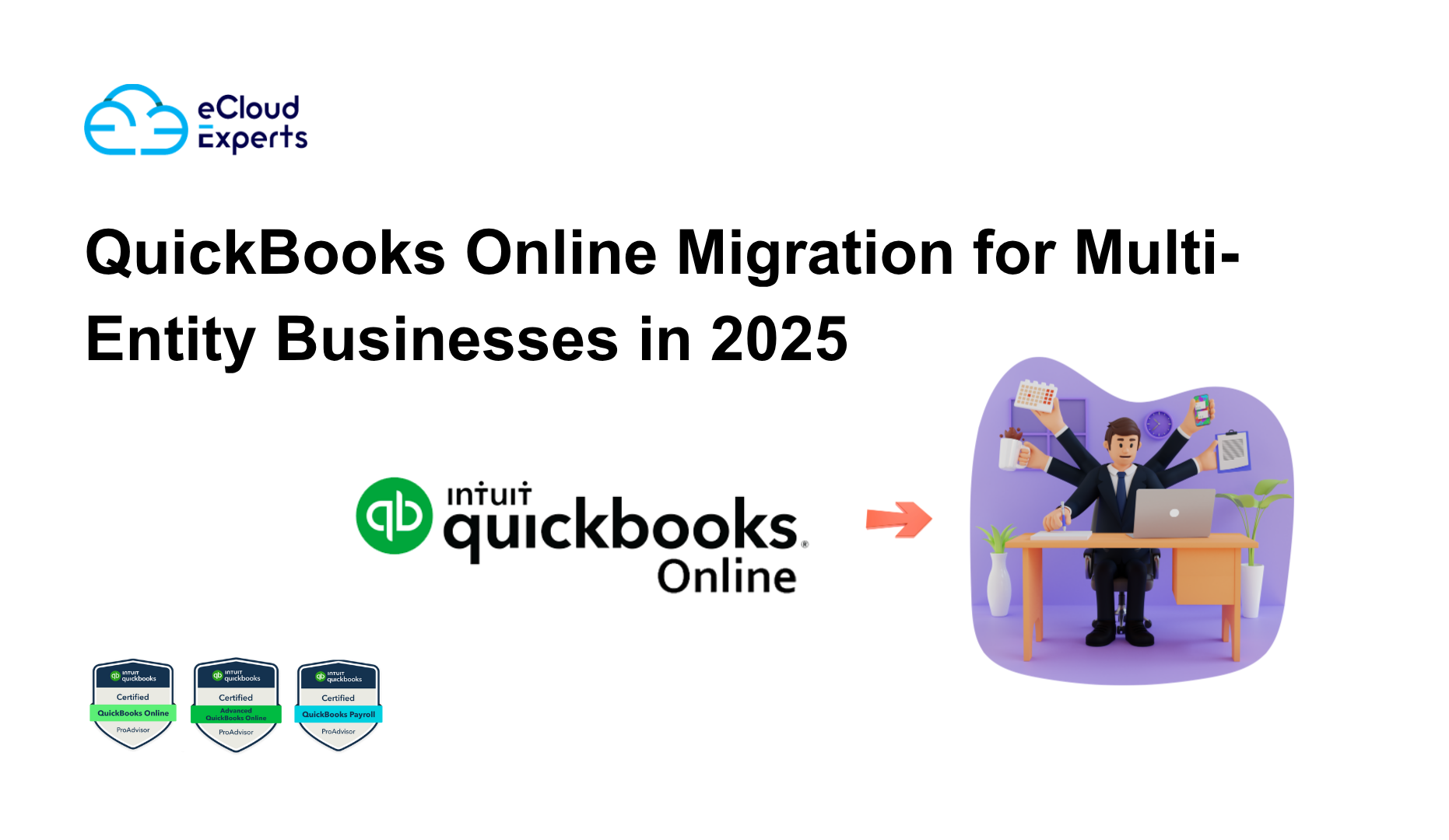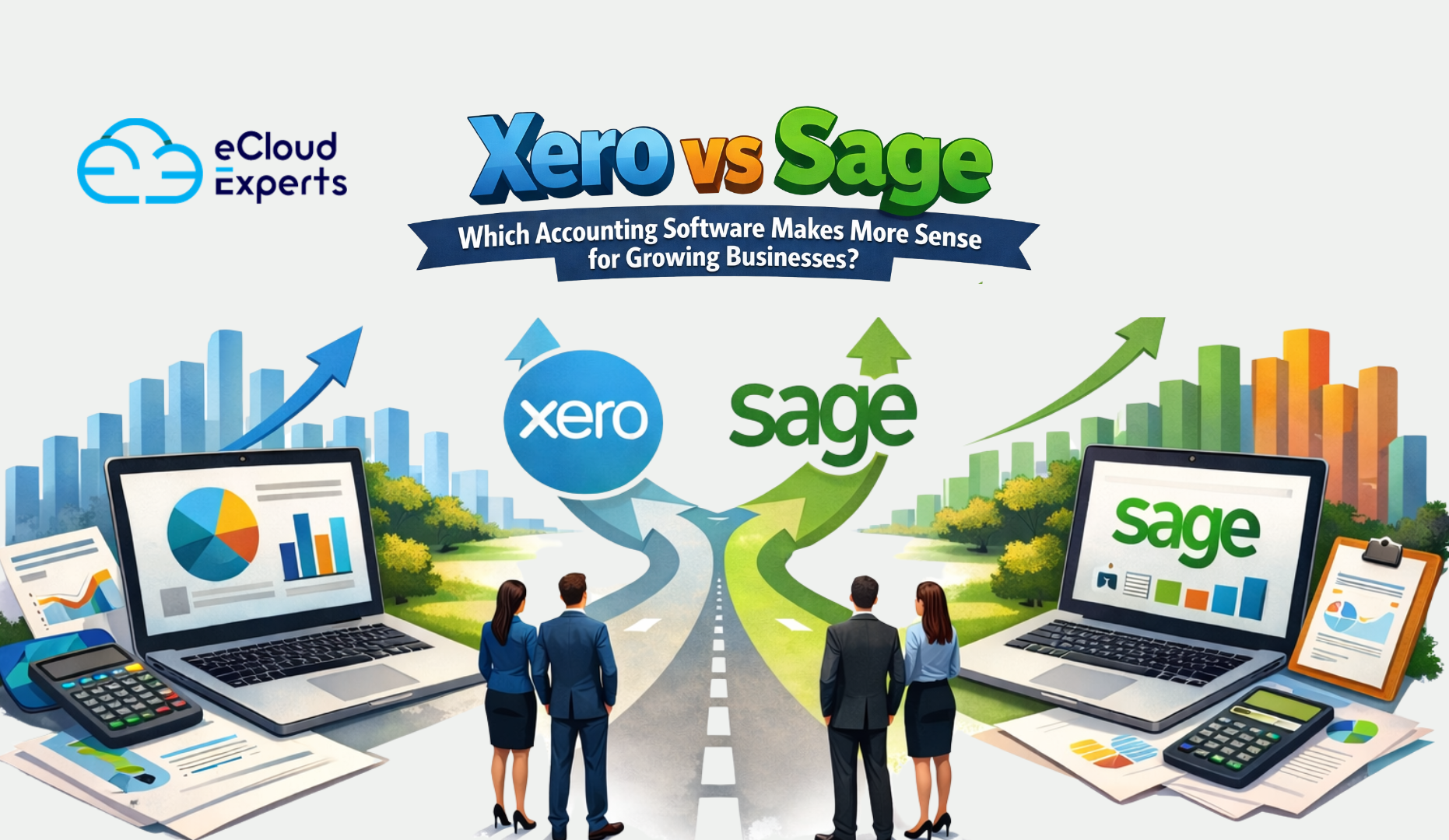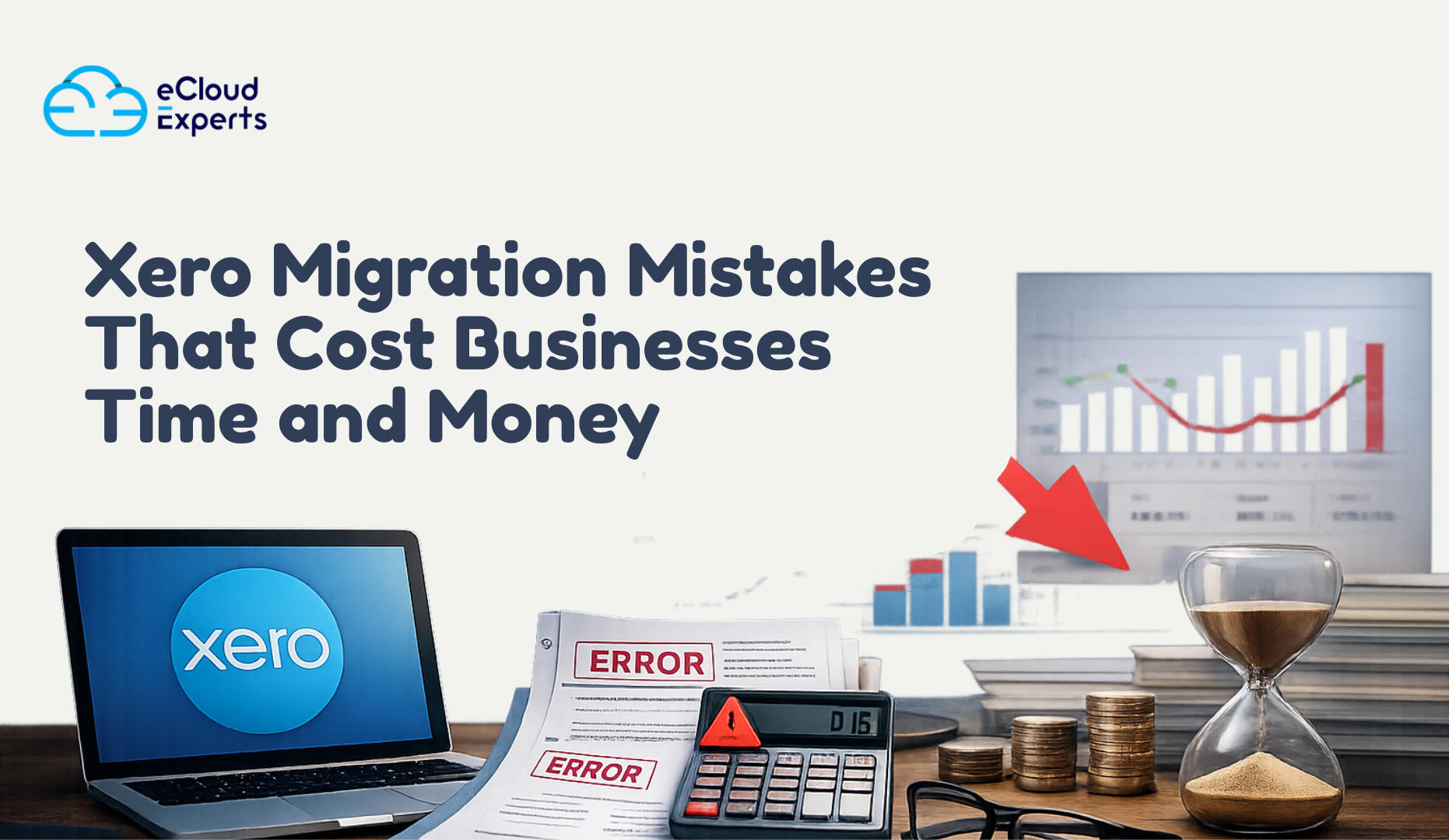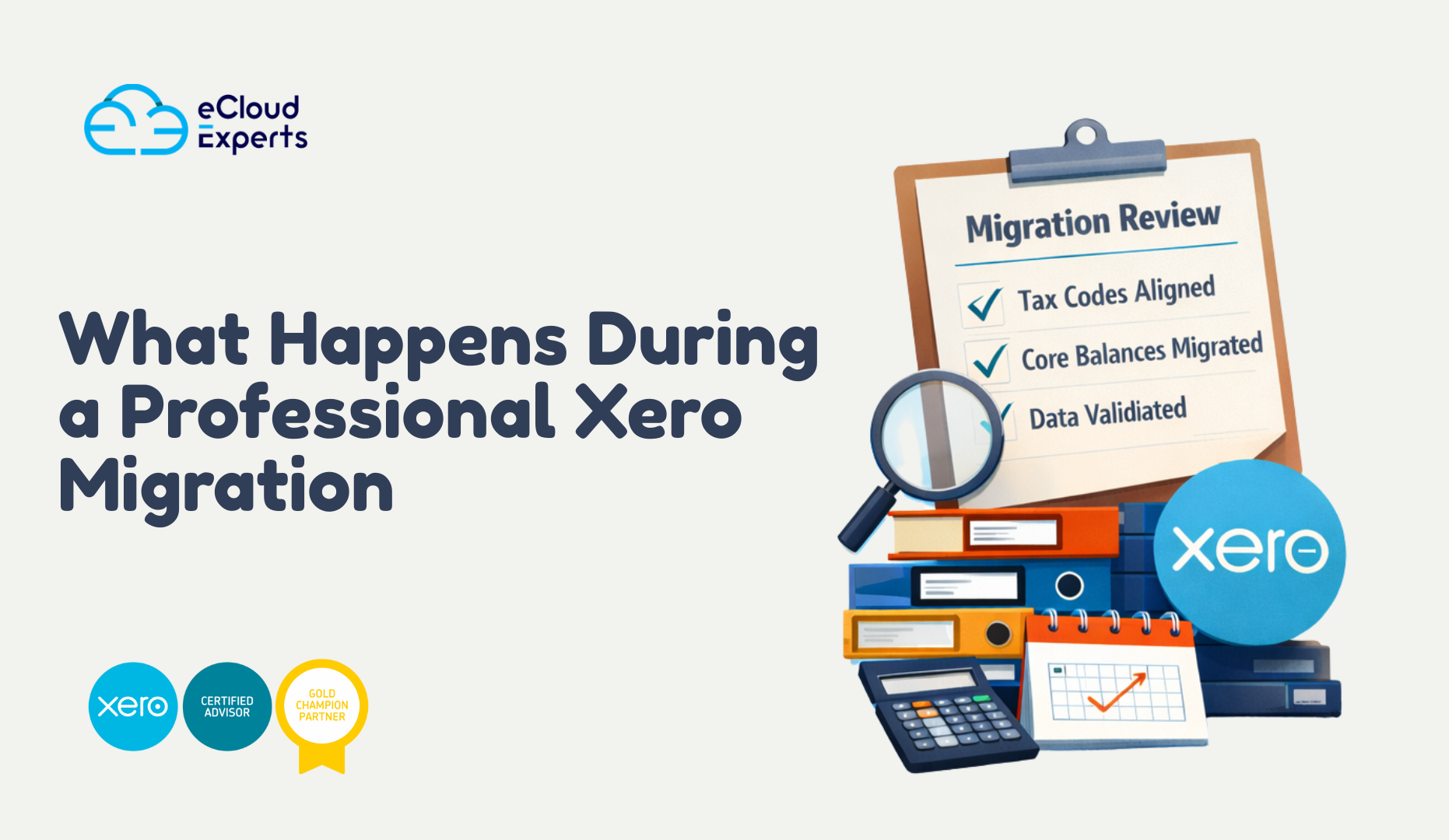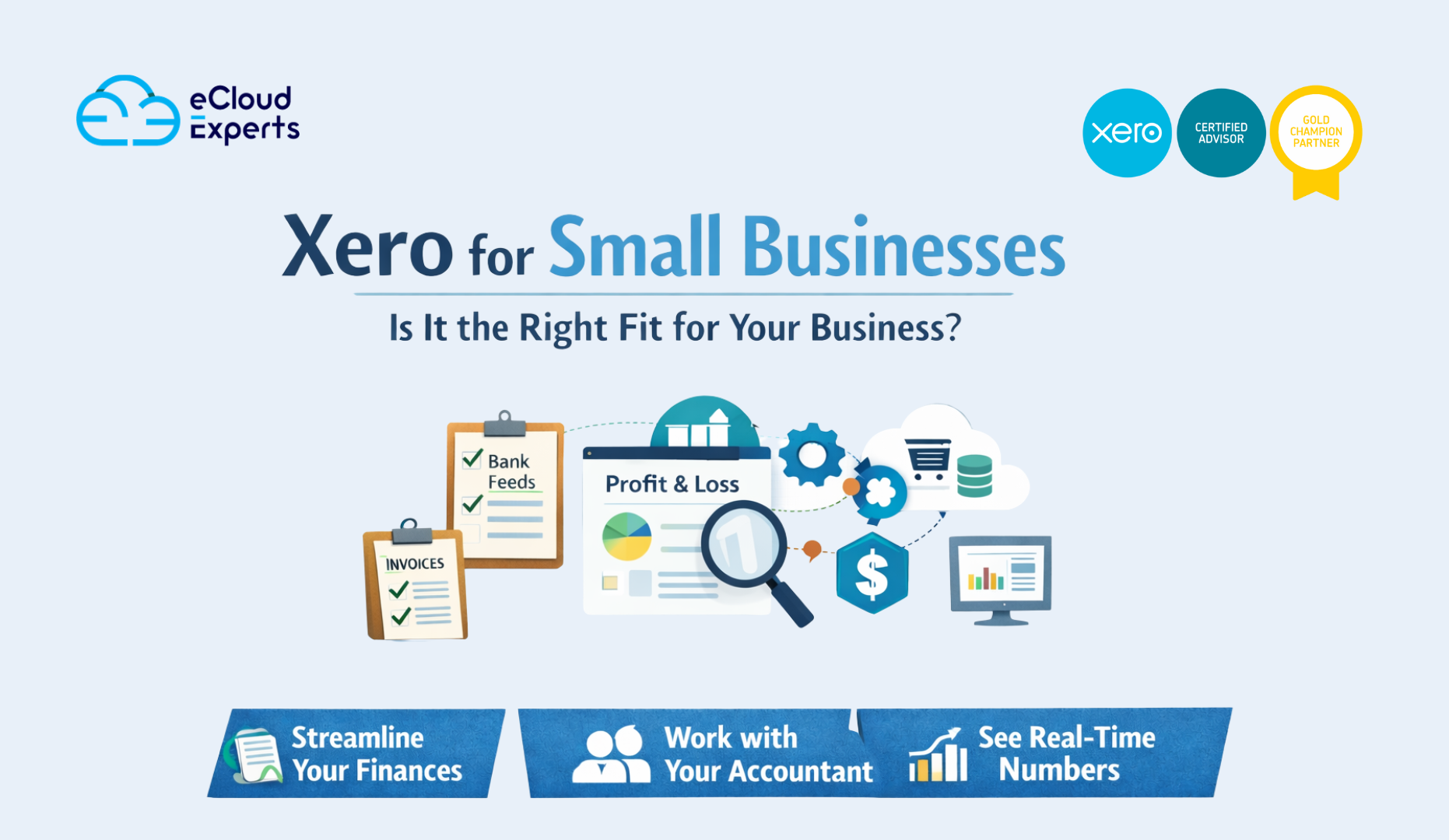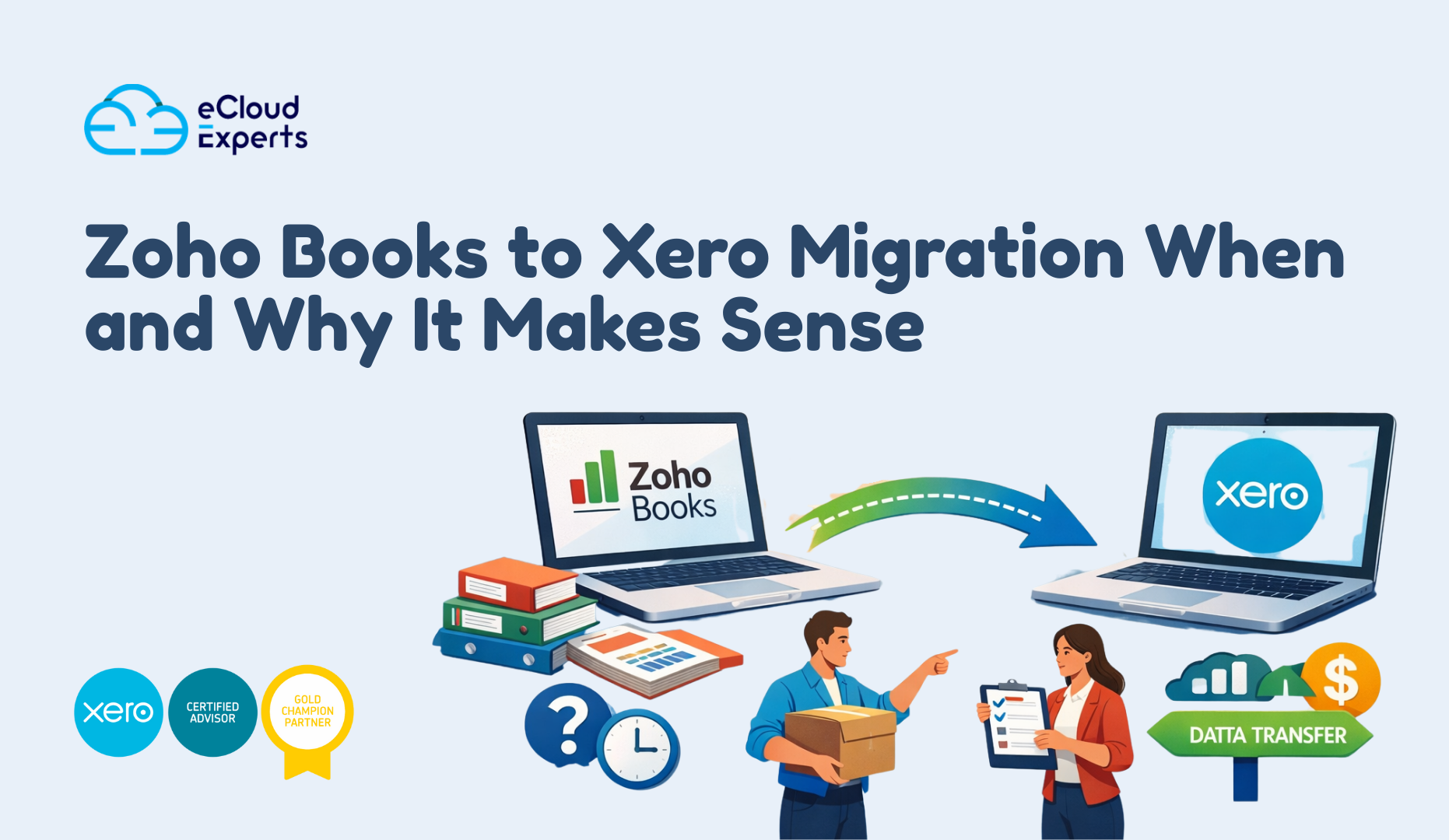Managing group company finances has never been more complex. As UK businesses grow and expand into multi-entity structures, finance teams face mounting challenges. Outdated systems struggle to cope with intercompany transactions, VAT rules, and consolidated reporting. That’s why more businesses are considering a multi-entity QuickBooks migration a powerful step toward modern, digital-first accounting.
Why Multi-Entity Businesses Are Rethinking Accounting in 2025
If you run a holding company or a group of subsidiaries, you already know how difficult it is to manage accounts across multiple entities. Legacy systems like desktop QuickBooks, Sage, or even endless Excel files simply don’t cut it anymore.
The pressures are real:
- Different VAT treatments across group companies
- Intercompany loan accounts that never reconcile
- Limited visibility for directors and shareholders
- Increased compliance requirements under MTD in the UK
This is why many finance leaders are asking a vital question: “Is now the right time for a multi-entity QuickBooks migration?”
The short answer: Yes.
What Is Multi-Entity QuickBooks Migration?
A multi-entity QuickBooks migration is the process of moving financial data from legacy systems into QuickBooks Online for multiple companies within a group structure. Instead of managing accounts separately, you bring everything into one streamlined environment.
This type of migration is especially beneficial for:
- Group companies QuickBooks UK that need consolidated reports
- Subsidiaries with shared directors or intercompany transactions
- Holding companies managing investments across industries
By migrating, businesses get a centralised view of performance while staying compliant with UK-specific VAT and tax requirements.
Benefits of Migrating Group Companies to QuickBooks Online
When group businesses switch, the results are clear. The main benefits of a multi-entity QuickBooks migration include:
- Consolidated Reporting – Directors can review combined performance across all entities.
- Cloud Access – Teams in different locations access the same data in real-time.
- Intercompany Accounting – Manage cross-entity invoices and loans efficiently.
- Cost-Effective Solution – Compared with NetSuite or Sage Intacct, QuickBooks offers enterprise-level functionality at SME pricing.
- Compliance – QuickBooks Online aligns with Making Tax Digital (MTD) and UK VAT rules.
For finance teams managing group companies QuickBooks UK, this upgrade is not just about better software — it’s about better decision-making.
Challenges of Multi-Entity QuickBooks Migration (and How to Overcome Them)
Of course, switching group accounting systems isn’t without hurdles. Businesses face unique challenges during a multi-entity QuickBooks migration, including:
- Different Charts of Accounts – Each company may use its own codes, making consolidation tricky.
- Currency Issues – Groups with overseas subsidiaries need careful mapping of FX transactions.
- VAT Differences – Subsidiaries may operate under varying VAT schemes.
- Staff Adoption – Employees used to old processes may resist change.
How do you overcome these?
- Standardise charts of accounts before migration.
- Use QuickBooks Online add-ons for consolidation.
- Train staff early with hands-on sessions.
- Partner with experts like eCloud Experts who specialise in QuickBooks consolidation UK.
With the right support, even the toughest challenges become opportunities.
Step-by-Step Guide to Migrating Group Companies to QuickBooks Online
Migrating to QuickBooks doesn’t have to feel overwhelming. Here’s how a successful multi-entity QuickBooks migration typically works:
- Pre-Migration Planning – Review your current systems and data.
- Data Standardisation – Align account codes, VAT treatments, and reporting structures.
- Mapping Accounts – Ensure all entities use consistent categories.
- Importing Data – Bring transactions, invoices, and balances into QuickBooks Online.
- Consolidation Setup – Configure reports to show group-wide performance.
- Post-Migration Testing – Validate reports against legacy records.
- Staff Training – Equip teams to use the system confidently.
This structured approach ensures your multi-entity QuickBooks migration is accurate, secure, and fully aligned with UK compliance.
How QuickBooks Online Supports Group Companies in the UK
Some businesses worry whether QuickBooks can really handle complex group structures. The answer is yes with the right setup.
Key features include:
- QuickBooks for subsidiaries – Each entity can have its own ledger.
- QuickBooks consolidation UK – Add-ons allow true consolidated reporting.
- VAT & MTD Compliance – Built-in features align with HMRC requirements.
- Intercompany Tools – Simplify cross-entity transactions.
For holding companies and complex groups, QuickBooks provides both flexibility and compliance. It may not replace full ERP systems, but for SMEs, it’s the most practical choice.
QuickBooks vs Other Accounting Solutions for Multi-Entity Businesses
When comparing solutions, many CFOs look at QuickBooks vs Xero, Sage Intacct, or NetSuite.
- QuickBooks vs Xero: Xero handles multi-entity well but is often costlier for larger groups.
- QuickBooks vs Sage Intacct / NetSuite: These platforms are powerful but expensive and often over-engineered for SMEs.
- QuickBooks for multi-entity businesses: Offers the right balance of cost, features, and compliance for growing UK companies.
The conclusion? For group companies QuickBooks UK, QuickBooks Online is the clear winner when balancing affordability and scalability.
Case Study: A UK Holding Company Migrating to QuickBooks Online
Let’s consider a real-world example.
A London-based holding company managing three subsidiaries (construction, retail, and consulting) struggled with disconnected systems. Reports took weeks, VAT returns were delayed, and directors lacked group-wide visibility.
They decided on a multi-entity QuickBooks migration. With expert support, they:
- Standardised charts of accounts across all entities.
- Migrated historic transactions into QuickBooks Online.
- Implemented QuickBooks intercompany accounting add-ons.
The results? Consolidated reporting was available instantly, VAT submissions were faster, and staff across companies adapted within weeks.
FAQs on Multi-Entity QuickBooks Migration
Q: Can QuickBooks Online consolidate group companies?
Yes, with add-ons designed for QuickBooks consolidation UK.
Q: How long does a migration take?
A typical multi-entity QuickBooks migration can take 4–8 weeks depending on complexity.
Q: Do I need a consolidation add-on?
Yes, most group companies use third-party tools for true consolidated reporting.
Q: Is QuickBooks scalable as my group grows?
Absolutely QuickBooks Online supports unlimited users, making it perfect for group companies QuickBooks UK.
Q: Does QuickBooks handle intercompany transactions?
Yes, with QuickBooks intercompany accounting features and add-ons.
Why Work with Experts for Your Group Migration
Attempting a DIY migration for multiple companies can lead to errors, compliance risks, and wasted time. That’s why businesses rely on specialists for their multi-entity QuickBooks migration.
At eCloud Experts, we help UK businesses:
- Map and standardise accounts across entities
- Set up QuickBooks for subsidiaries and holding companies
- Implement QuickBooks consolidation UK tools
- Train finance teams for long-term success
By partnering with us, you ensure your migration is not just a software upgrade — it’s a strategic step toward stronger financial control.
Start Your Multi-Entity QuickBooks Migration Today
If your group business is still tied to outdated systems, now is the time to act. A multi-entity QuickBooks migration will give you better control, compliance, and clarity across all your companies.
Book a free discovery call with eCloud Experts today. Our team specialises in helping group companies QuickBooks UK move to the cloud with zero data loss and full compliance.

